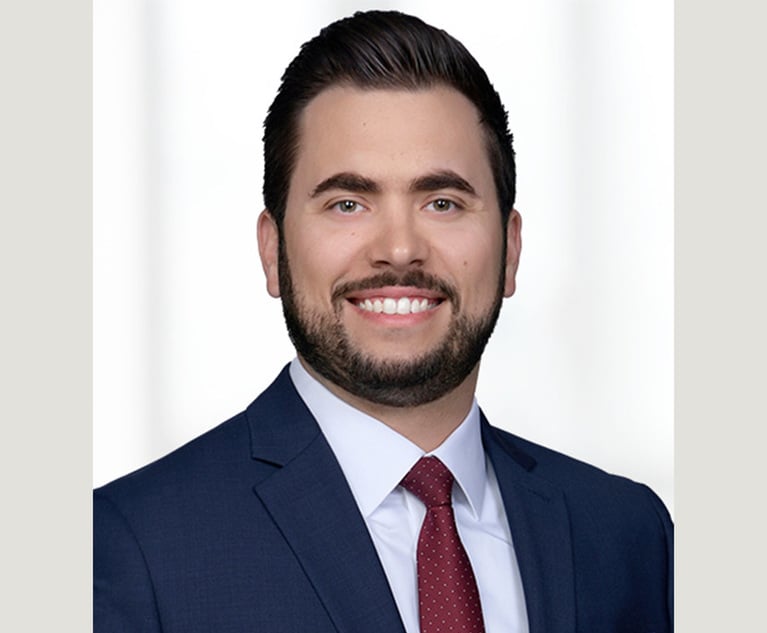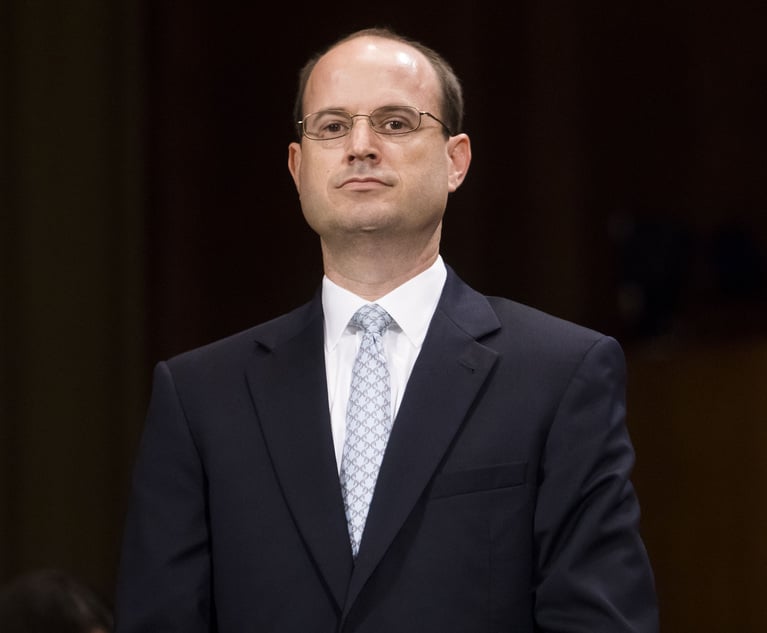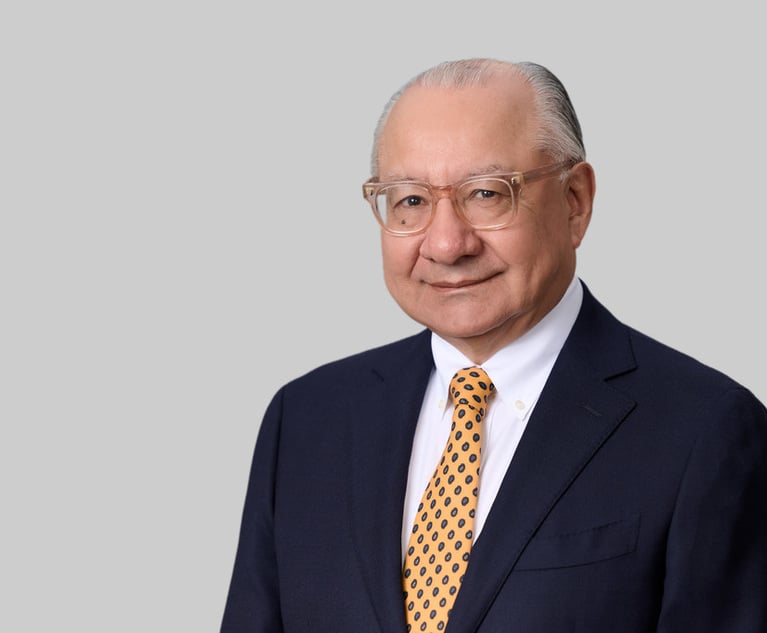Recently, the Trump administration announced its plan to, for the first time, enforce a controversial provision of the Helms-Burton Act signed into law by President Bill Clinton in 1996. In doing so, the Trump administration will be breaking with the precedent set by every president since its enactment, who have consistently suspended the implementation of Title III of the act. Title III of the act, also known as the Libertad Act will be fully implemented effective May 2, and will permit U.S. citizens to file lawsuits in U.S. federal courts against businesses that operate on property the Cuban government appropriated after the 1959 revolution. Every administration before Trump has waived enforcement of Title III, in large part to avoid trapping companies from many of the closest U.S. allies in years of complicated litigation as well as to avoid a wave of retaliatory trade-related legal claims against the United States. Besides the anticipated retaliatory actions by Canada and the European Union(EU) before the World Trade Organization, it has always been assumed that implementing Title III would open the floodgates to reparations claims against several major multinational companies doing business with Cuba, even some U.S. companies like Delta, Jet Blue and Marriott.
The reparations claims could number into the hundreds of thousands because of the broad language of Title III, which gives U.S. citizens a private cause of action to recover compensation for confiscated properties that were once theirs from persons or entities that may be “trafficking” in that property. Title III defines “trafficking” quite broadly to encompass not only those who own the property, but also those who profit from the use of the confiscated properties. A broad array of companies from a myriad of industry sectors could be exposed to civil lawsuits because of this broad definition. For example, cruise ships calling at expropriated ports or using expropriated port facilities could be found to be trafficking as Title III defines it.


 Donald Hayden, of Mark Migdal & Hayden.
Donald Hayden, of Mark Migdal & Hayden.




